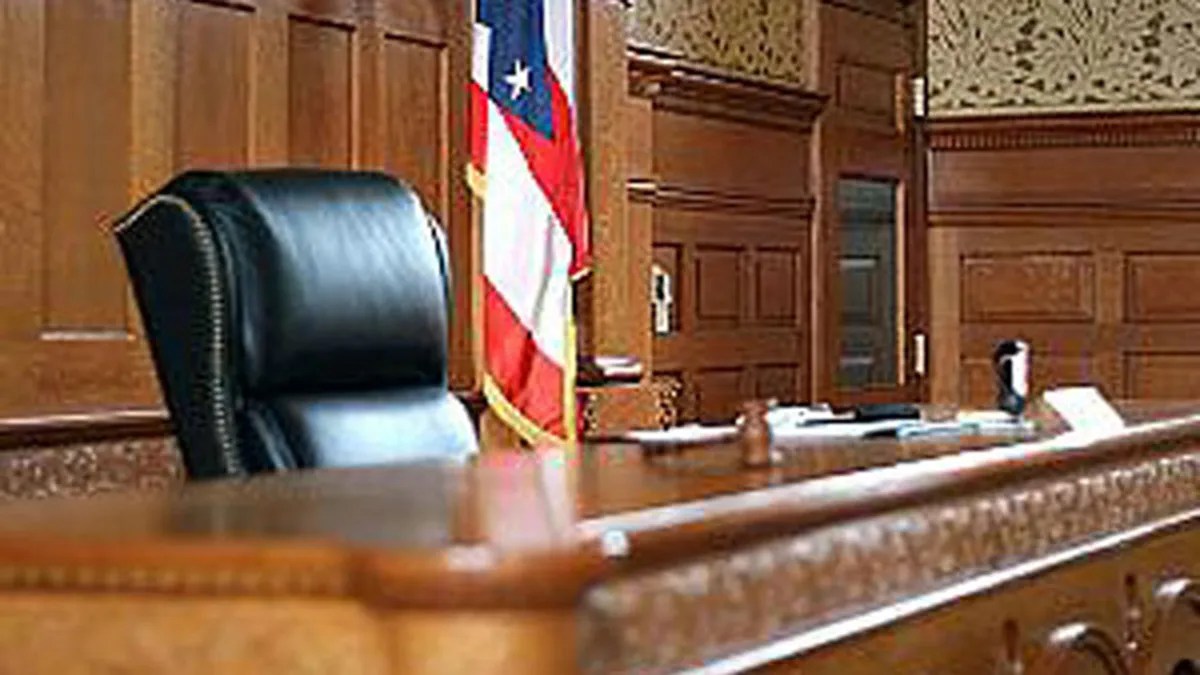It’s hard not to notice: Four times in the last two years, New York state assembly members have been the favored candidates in high-profile special elections for Congress, and four times, they’ve failed spectacularly before a national audience.
On Tuesday, Democrat David Weprin joined Republicans Dede Scozzafava, James Tedisco and Jane Corwin as the latest New York assembly member with significant party registration and initial expectations advantages to turn what should have been an easy win into a humiliating, bruising loss.
Though each race had its own distinctive factors, the pattern is more than just coincidence: all were produced by a local political system where old party machinery picks candidates for severely gerrymandered districts who then go to a chamber where individual members hold virtually no power and nearly all decisions and deliberations are controlled by the leadership.
Add to that the parochial nature of New York politics that creates a general unfamiliarity with the national issues on which the congressional elections turned, and the result is assembly members completely unprepared for hard-fought, high-profile campaigns.
Each of the four losing assembly members suffered from a lack of enthusiasm from their base: Tedisco for weeks refused to say how he’d vote on the then-pending Obama stimulus package in April 2009, Scozzafava had so much trouble connecting with the Republican base that November that a protest candidate put up by the local Conservative Party candidate drove her from the race entirely, Corwin critically damaged herself by embracing Rep. Paul Ryan’s budget proposal.
And Weprin had no shortage of his own well-documented shortcomings, with a number of stumbles that included pegging the federal budget deficit at $4 trillion – $10 trillion short of the real number — in an editorial board meeting.
“When you try to put them on a different type of stage, they certainly were unprepared in a very short time period to run for congressional seats,” said Craig Johnson, a two-term Democratic state senator who lost a re-election bid in 2010. “Because of the compressed time table, they weren’t prepared to handle some of the issues that you would expect someone who was running for a seat for a year would have.”
Local
In Albany, assembly members function largely at the will of the speaker, Democrat Sheldon Silver of Manhattan. Rare is the Democrat to cross him, and Republicans, deep in the minority, hold virtually no power at all.
Charles Lavine, a Long Island Democrat who is in his fourth term in the assembly, said there’s little public opportunity for assembly members to practice for the rigors of a congressional campaign.
“Discussions behind closed doors in the majority conference can be very candid, frank and heated,” Lavine said. “There’s at least an opportunity if you’re in the majority to express and fight for your particular philosophy. In the minority conference … there’s not the same amount of debate.”
Things used to be different: there’s a long history of the New York Assembly serving as an incubator for future political talent. Sen. Chuck Schumer, Gov. George Pataki and Reps. Joe Crowley, Eliot Engel, Greg Meeks, Jerry Nadler and Jose Serrano are all assembly alumni. Even Teddy Roosevelt did a term, back in 1882.
But now the chamber’s members outside of leadership have little individual influence. Michael Caputo, a Buffalo operative who managed Republican Carl Paladino’s 2010 campaign for governor – which like Gov. Andrew Cuomo’s, largely relied on relentlessly bashing state government – said because the assembly is perceived as a legislative body run with an iron fist by its leadership, voters don’t trust individual members.
“Our polling showed New Yorkers blame the assembly for the state’s problems,” he said. “Assembly members are perceived as weak, ineffectual and not ready for prime time.”
Indeed, an August Quinnipiac poll found the state legislature had just a 27 percent approval rating. In the same survey, 40 percent approved and 43 percent disapproved of the job their assembly member was doing.
The rationale behind nominating assembly members for the special congressional elections, state Democratic Party Chairman Jay Jacobs said, is that they are in theory accomplished at local retail politics and come with a group of voters who have voted for them before.
“An assembly member knows how to campaign,” Jacobs said. “The people who come into these races are experienced, talented operatives who know how to run competitive campaigns. They know how to persuade. They know how to get the vote out.”
Like the other non-Assembly members who won New York special elections — Democratic Reps. Bill Owens and Kathy Hocul and former Rep. Scott Murphy — Turner ran a disciplined campaign that took advantage of the political mood of the moment.
Like the other non-Assembly members who won New York special elections — Democratic Reps. Bill Owens and Kathy Hochul and former Rep. Scott Murphy — in Tuesday’s special election, Republican Bob Turner ran a disciplined campaign that took advantage of the political mood of the moment.
Jacobs blamed Weprin’s loss on – and said the victories for Hocul, Murphy and Owens were due to – a national mood that doomed the favored party’s chances regardless of the candidate.
“You can be a terrific swimmer,” Jacobs said, “but you’re not going to do very well in a tidal wave.”




